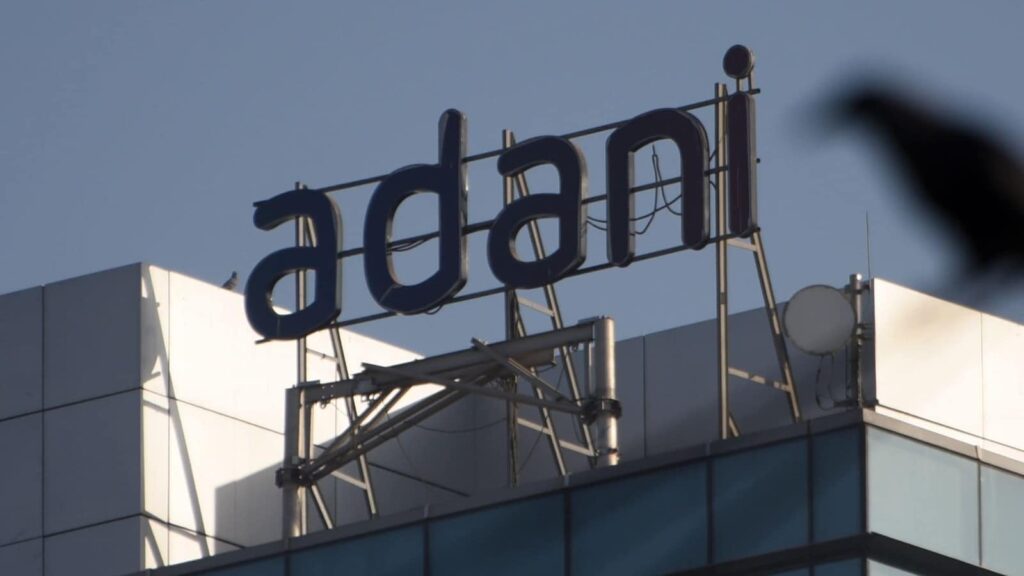L’ affaire Adani has unfortunately been reduced to a political slugfest, with most people focusing on the timing of the revelations in, first, a research report by a short-seller, and more recently, two investigative reports in British newspapers. BJP supporters have rallied around the conglomerate, perhaps oblivious to the fallout that this just amplifies the perception about the political connections of the group’s founder Gautam Adani. Opponents have targeted the conglomerate, but once again, focused more on the political aspect rather than the actual issues from the two reports – that documents show two men linked to Vinod Adani, Gautam Adani’s brother, secretly controlled at least 13% of the free float (the shares available to be traded by the public) in three of the four Adani companies listed at the time, including the group’s flagship Adani Enterprises, in January 2017. The Financial Times noted this mattered because Vinod Adani is part of the so-called promoter group, whose shareholdings are not supposed to exceed 75%. FT also claimed that stock market regulator Sebi was alerted in 2014 about the group routing funds into its own stocks.
The Adani Group has emphatically denied the charges, saying they were recycled allegations from a report by American short-seller Hindenburg Research. The group pointed to a closed investigation by the Directorate of Revenue Intelligence (DRI) and an ongoing one by Sebi, which has told the Supreme Court that it has completed the probe in all but two allegations, and is still awaiting information from five tax havens on actual owners behind foreign investors investing in the conglomerate. But the new charges are serious, and warrant a relook. Unless clarified, the revelation that Sebi knew about Adani investing in its own stocks has the potential to create a perception of a slippage in the regulatory architecture. India’s regulatory and enforcement agencies have become especially proactive in recent years, and for good reason – the country’s economic success story is linked to its robust institutional oversight in no small measure. They would do well to address swirling questions about Adani, DRI and Sebi, and clear the air.

